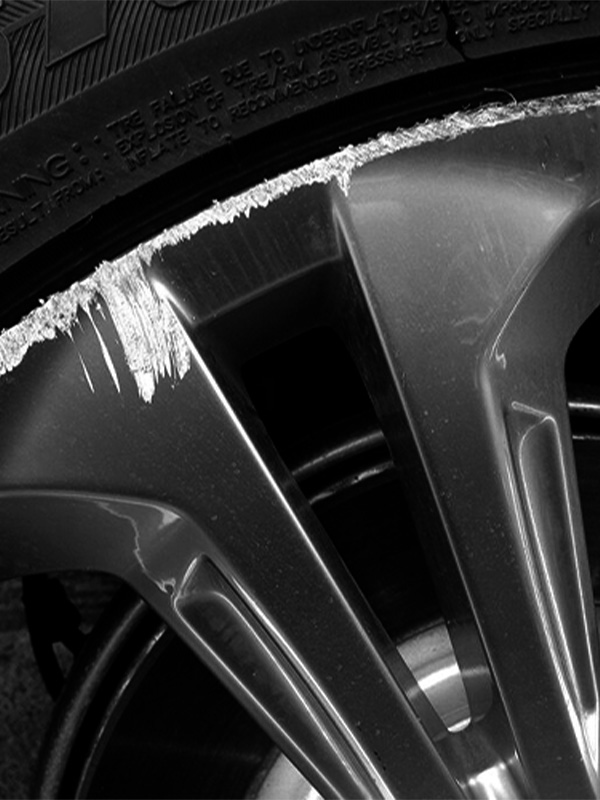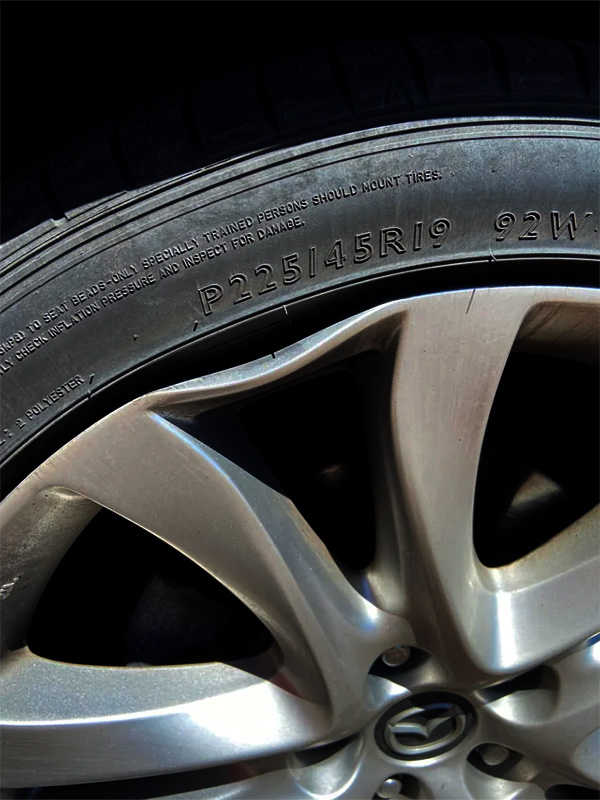How Weather Conditions Affect Your Wheels and What You Can Do About It
Mark Austin • October 5, 2024
How Weather Conditions Affect Your Wheels and What You Can Do About It

Weather conditions can have a significant impact on your vehicle's wheels, affecting their performance and longevity. Understanding these effects can help you take proactive measures to protect your wheels and ensure a smooth driving experience.
Summer Heat:
- Tire Pressure Fluctuations: High temperatures can cause tire pressure to increase, leading to overinflation. Regularly check and adjust tire pressure to prevent uneven wear and potential blowouts.
- UV Damage: Prolonged exposure to sunlight can cause fading and deterioration of wheel finishes. Consider using wheel protectants or parking in shaded areas to minimize UV damage.
Winter Cold:
- Corrosion from Road Salt: Salt used for de-icing roads can lead to corrosion on wheels. Regularly wash your wheels during winter to remove salt and prevent rust.
- Cold-Induced Tire Pressure Drops: Cold weather can cause tire pressure to drop, leading to underinflation. Check tire pressure frequently and inflate as needed to maintain optimal performance.
Rainy Conditions:
- Hydroplaning Risks: Wet roads increase the risk of hydroplaning. Ensure your tires have adequate tread depth and are properly inflated to maintain traction.
- Water Infiltration: Water can seep into wheel components, leading to rust and damage. Regular inspections and cleaning can help prevent water-related issues.
Spring Thaw:
- Pothole Damage: As ice thaws, potholes become more prevalent, posing a risk to wheel alignment and integrity. Drive cautiously and have your wheels checked if you hit a pothole.
Conclusion:
Weather conditions can significantly impact your wheels, but with regular maintenance and proactive care, you can mitigate these effects. By understanding how different weather conditions affect your wheels, you can take steps to protect them and ensure a safe and comfortable driving experience year-round.


